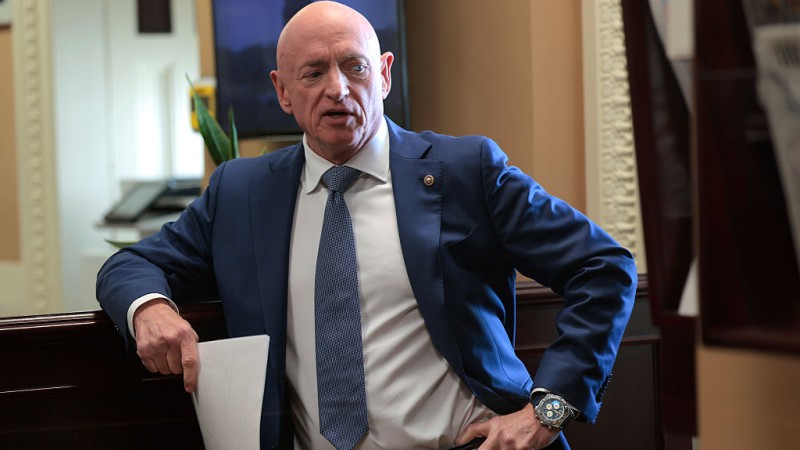
The Denver Gazette highlighted issues in Colorado Springs, where Mountain Metropolitan Transit’s electric bus initiative faces setbacks.
Stop us if you’ve heard this one before, but the billions of dollars we’re spending to convert the country to “clean” energy in order to reduce carbon emissions is being allocated poorly. We know, government spending that isn’t efficient? We were shocked, too.
The latest example comes from the idea that our tax money should be responsible for instituting electric busses nationwide. As Fox News reported this week, the idea has been nothing short of a total disaster, with busses broken down and unused across the nation.
Fox cites several examples, including authorities in Asheville, North Carolina, who have encountered numerous difficulties with their electric bus fleet, leading to the idling of three out of five buses bought in 2018 for “millions”. These challenges stem from an assortment of software glitches, mechanical failures, and the unavailability of necessary spare parts.
In a similar vein, The Denver Gazette highlighted issues in Colorado Springs, where Mountain Metropolitan Transit’s electric bus initiative faces setbacks. Of the four e-buses procured in 2021, each costing $1.2 million primarily funded by governmental grants, two are currently non-operational.
One of the key reasons the electric bus industry isn’t evolving? The free market has already sent it a message by bankrupting its key supplier and largest e-bus manufacturer in the U.S., a company called Proterra.
It filed for Chapter 11 bankruptcy in August, exacerbating issues for cities with their buses. Despite being promoted by President Biden and having former Energy Secretary Jennifer Granholm on its board, the company faced other challenges (for example: a business model that doesn’t work even with massive government subsidies).
Asheville’s interim transportation director, Jessica Morriss, reported difficulties in obtaining parts post-bankruptcy.
Proterra’s problems predate the bankruptcy. In 2020, SEPTA in Philadelphia pulled its $24 million Proterra fleet, and in 2021, Foothill Transit in California reported over half of its electric buses idle. Other affected areas include Stockton, Reno, Louisville, where TARC’s entire fleet remained unused for two years, and Austin, where Capital Metro’s $46 million deal with Proterra faces delays.
Broward County, Florida’s experience was particularly telling, with their Proterra buses breaking down far more frequently than diesel counterparts, highlighting the challenges in transitioning to electric public transportation, the report says.
Now, Fox reports the company is trying to make a comeback. Jose Paul, Chief Revenue Officer of its new holding company, Phoenix Motorcars, discussed the company’s acquisition of Proterra’s “world-class technology” with FOX Business. He compared the evolution of electric vehicles to the early days of the Model T, noting that Proterra’s buses have been improving over time.
Paul acknowledged challenges faced by Proterra’s customers, like Asheville, particularly due to part shortages following the bankruptcy. He revealed Phoenix Motorcars’ immediate plan to restock spare parts and address supplier issues.
Paul expressed optimism that issues caused by Proterra’s bankruptcy would be resolved within six to nine months, emphasizing Phoenix’s commitment to customer satisfaction.
It’ll be back at the trough for more of your taxpayer cash in no time…



